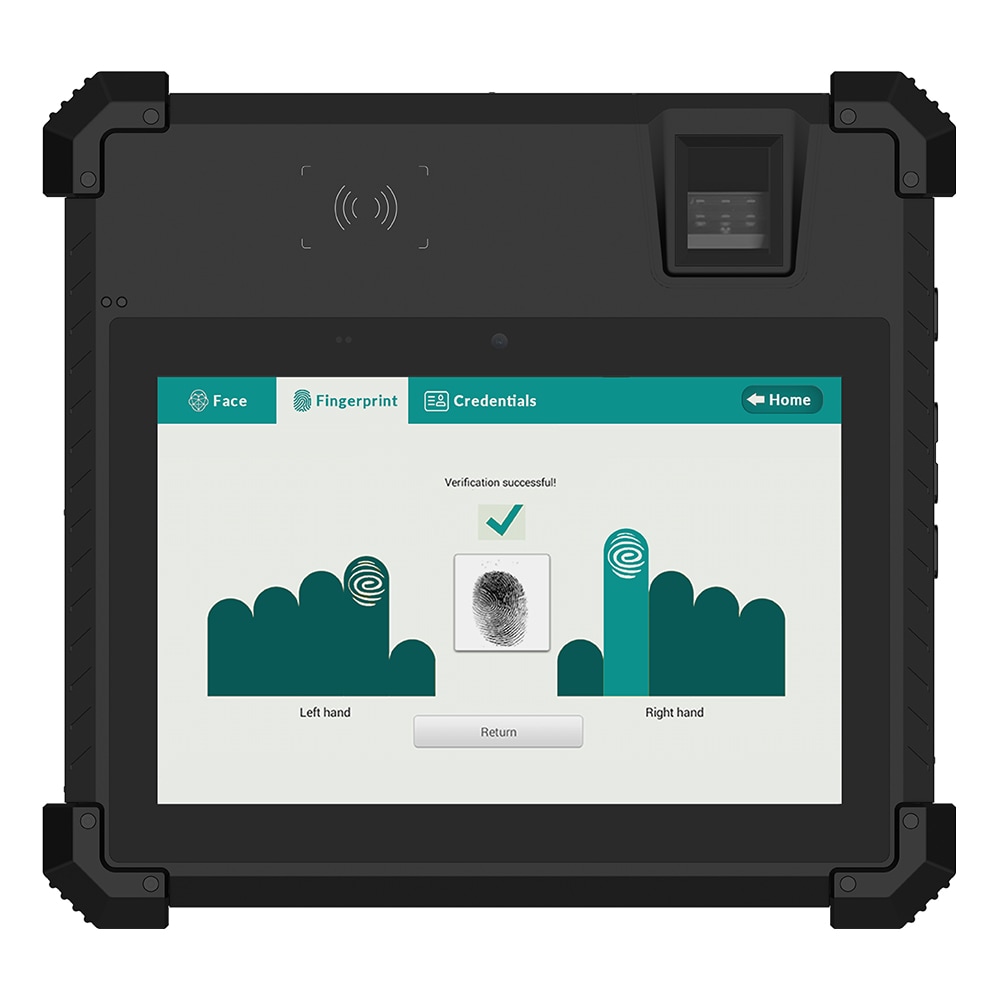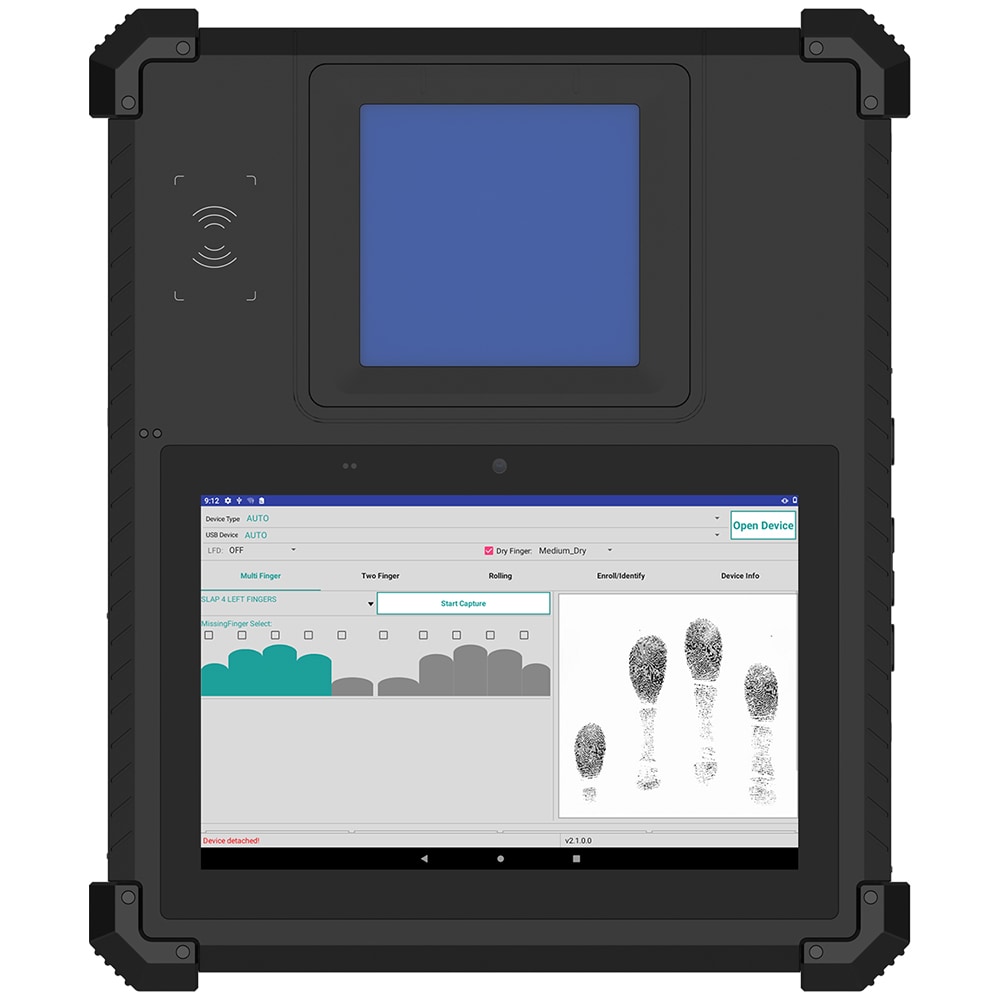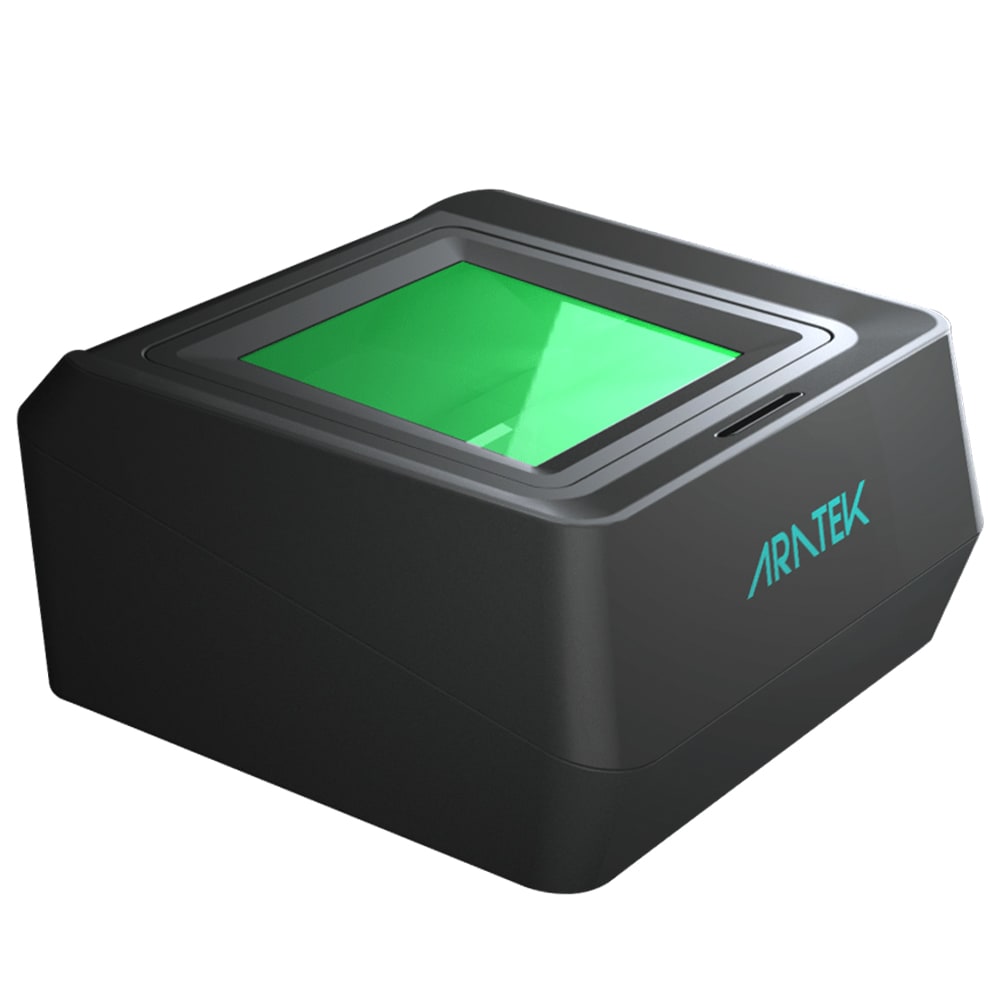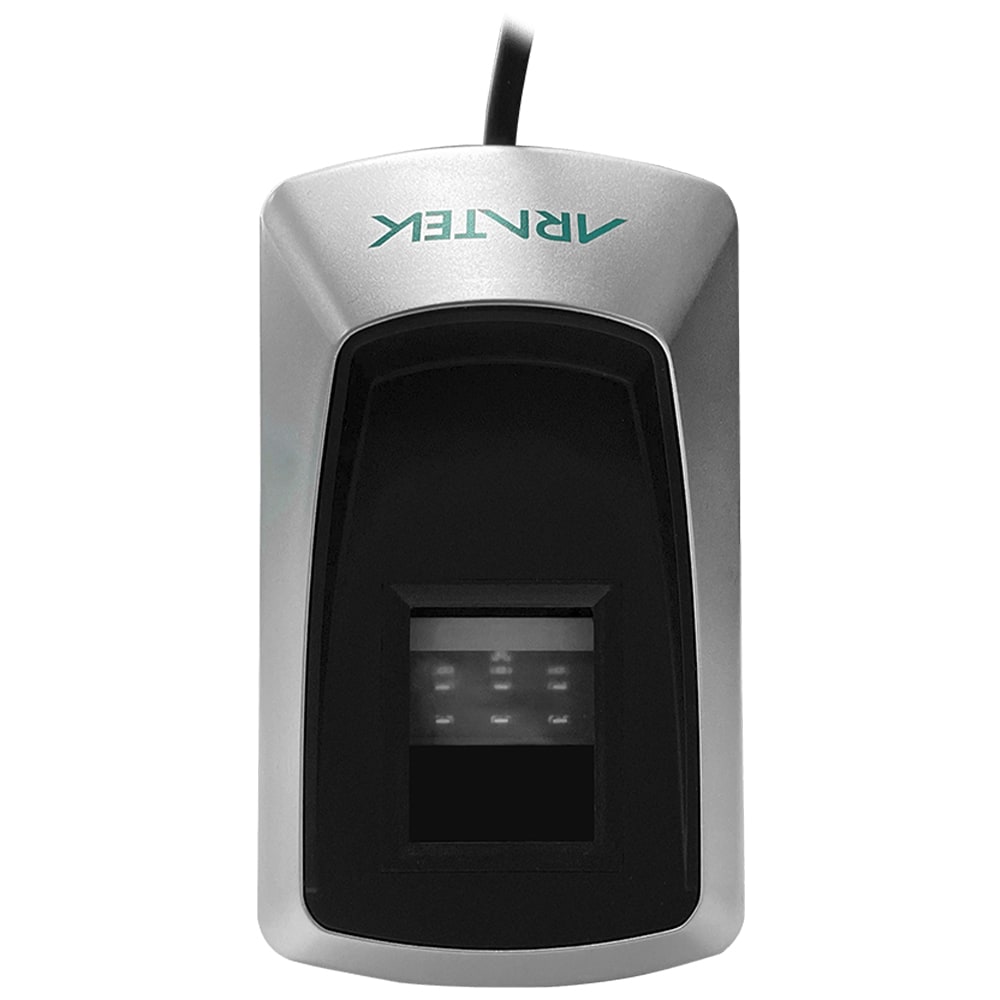
PRODUCT

Smarter Biometrics, Stronger Digital Identity.
VIEW ALL
product finder
solution
case study
support
Company

Identifying the World. Easily, Securely.


years of solid experience
20+
.jpg)
400+
customised projects



EN
.avif)

In a world where security is paramount and trust is a currency, fingerprint background checks stand as silent sentinels, safeguarding the gates to countless realms—be it employment, legal compliance, licensing, or personal security. Also known as criminal background checks, these screenings are essential for pre-employment processes, ensuring the safety and integrity of various sectors.
But what exactly is a fingerprint background check? This comprehensive guide will walk you through the world of fingerprint-based b background checks, showcasing their pivotal role in modern society. From their inception to their implementation in various sectors, we’ll explore how these intricate checks operate, what they reveal, and why they’ve become an indispensable tool in our quest for security and authenticity. Whether you’re an employer, a job seeker, or simply a curious mind, prepare to fingerprint your way through the fabric of criminal history, identity verification, and beyond, with federal bureaus like the FBI playing a crucial role in the collection, storage, and processing of fingerprint data.
In the realm of background investigations, fingerprint background checks stand as a cornerstone, offering a unique blend of accuracy and thoroughness in uncovering an individual’s history, including the applicant's criminal history. But what exactly is a fingerprint background check, and how does it distinguish itself in the pantheon of background screening methods?
A fingerprint background check, sometimes referred to as a "fingerprint-based background check," leverages an individual's unique fingerprint data for thorough investigation. This process is often used in criminal history background checks by cross-referencing the applicant's fingerprints with extensive databases containing criminal records, employment history, and other critical data points. The process transitions from physically collecting fingerprints to analyzing digital ID databases, all aimed at creating a comprehensive and unique profile based on the individual's fingerprints.

Here are two key aspects that highlight the importance and effectiveness of fingerprint background checks:

Fingerprint-based background checks serve as a pivotal tool in background investigations, offering unparalleled insights that extend beyond mere criminal records. They are instrumental in:
Fingerprint background checks are instrumental in verifying core personal data such as a person's full name, date of birth, and other identifying information. This verification acts as a bulwark against identity theft, ensuring that an individual cannot masquerade behind a fabricated or stolen identity.
These checks are adept at revealing detailed criminal history records, including arrests, court dispositions, and convictions, providing a holistic view of an individual's interactions with the law.
Certain fingerprint background checks can reveal information pertinent to an individual's professional history, especially in industries where fingerprinting is a standard part of the licensing or employment process.
In some cases, it may also provide insights into non-criminal judicial actions. Such records might encompass a variety of legal proceedings and outcomes, such as involvement in family court cases, bankruptcy filings, driving records ,or civil lawsuits, is invaluable in contexts where character, financial responsibility, and personal history play a critical role in decision-making processes.
At its core, a fingerprint background check is not just about unearthing the past; it's about safeguarding the future. It plays a pivotal role in:
By filtering out candidates with a history of criminal activity through a comprehensive criminal background check, employers protect their workforce, clients, and business reputation.
Especially in sectors like the education system, healthcare, and law enforcement, where the integrity and background of each individual are crucial.
Helping organizations meet stringent regulatory requirements, thereby avoiding legal liabilities and fostering a culture of compliance and responsibility.
In essence, a fingerprint background check is a testament to an individual's past actions and a predictor of potential future behavior. It serves as a vital tool in decision-making processes, providing a foundation of trust and safety upon which institutions and interactions are built. As we navigate the complexities of human interactions and organizational dynamics, the importance of a thorough, reliable background check process, grounded in the unique narrative told by each person's fingerprints, cannot be overstated.
Navigating through the realm of fingerprint background checks unveils a methodical and intricate process, seamlessly blending technological prowess with meticulous scrutiny. This section delves into the step-by-step journey of a fingerprint background check, illuminating the paths it traverses from the initial collection of fingerprints to the final analysis and report generation. If an applicant's fingerprints are rejected twice by the FBI due to poor print quality, a name check request can be submitted to the DOJ's FBI Response Unit for reprocessing the FBI background check, highlighting the FBI's critical role in ensuring the accuracy and integrity of the process.
The journey of a fingerprint background check commences with the precise and careful collection of an individual's fingerprints. It's a process that demands clarity to ensure the fingerprints are accurately captured and can be effectively analyzed.
{{product-cta}}
Once the fingerprints are collected, they embark on a digital journey through secured networks, reaching extensive databases that serve as repositories of vast amounts of data.
The final phase of the fingerprint background check process is the analysis of the data retrieved and the generation of a report that encapsulates the findings.
The duration of a fingerprint background check is a crucial aspect for individuals and organizations alike, as it often influences hiring decisions, licensing approvals, and various other time-sensitive processes. Understanding the timeline can help set realistic expectations and aid in efficient planning. Let's delve into the factors that influence the duration and what one can typically expect:
In essence, the process of a fingerprint background check is a testament to the fusion of technology and diligence, a process that ensures that every individual's story is told with clarity and precision. As we unfold the layers of this process, it's evident that fingerprint background checks are not just about uncovering the past; they are about crafting a narrative that is as intricate and unique as the fingerprints themselves.
How long does a fingerprint background check take? The duration of a fingerprint background check is a crucial aspect for individuals and organizations alike, as it often influences hiring decisions, licensing approvals, and various other time-sensitive processes. Understanding the timeline can help set realistic expectations and aid in efficient planning.
While the exact time can vary based on the above factors, a general timeline can be outlined:
Several elements play a role in determining how long a fingerprint background check will take. These include:
Electronic fingerprinting (Live Scan) typically speeds up the process, as the fingerprints are directly submitted to the database. Traditional ink methods might add time due to the physical mailing required.
The time it takes for the databases to respond can vary. Larger databases like the FBI's NGI system are generally swift, but response times can be affected by the volume of requests being processed or technical issues.
The specific nature of the check being conducted plays a significant role. For example, a basic criminal record check may be quicker compared to more complex checks that include employment, education, or driving record verifications.
Poor quality prints can lead to delays. If the prints are not clear or complete, they may need to be recollected and resubmitted, adding time to the process.
Different agencies may have varying processing times. For instance, checks processed through local police departments might have different timelines compared to those handled directly by federal agencies like the FBI.
Some states or regions may have additional processing steps or requirements, which can extend the duration of the background check.
If the initial check uncovers potential issues or 'red flags', further investigation may be needed, which can prolong the duration of the background check.
It's important for individuals and organizations to factor in these timeframes when planning for employment offers, license applications, or any process that includes a fingerprint background check. Being aware of the typical durations and potential delays ensures a smoother, more informed decision-making process.
Fingerprint background checks, while instrumental in ensuring safety and integrity, navigate a complex landscape of legal and ethical considerations. Striking the right balance between thorough background screening and respecting individual rights is crucial. This section explores these vital considerations, underscoring the responsibility of organizations in conducting these checks within the bounds of the law and ethical standards.
Organizations and agencies conducting fingerprint background checks must operate within a well-defined legal framework to ensure the process is fair, justified, and non-discriminatory.
Beyond legal compliance, organizations have ethical responsibilities to ensure the fingerprint background check process is conducted with integrity, transparency, and respect for individuals.
Navigating the intersection of organizational security needs and individual privacy rights is a delicate exercise, demanding a nuanced approach.
Navigating the legal and ethical landscape of fingerprint background checks is a complex but indispensable part of the process. It demands a rigorous commitment to upholding individual rights while fulfilling the essential need for background screening. By adhering to these principles, organizations can ensure that their use of fingerprint background checks not only enhances security and trust but also aligns with the broader imperatives of justice and ethical responsibility.
The exploration of fingerprint background checks has highlighted their critical role in providing security and establishing trust in various aspects of society. These checks do more than just sift through an individual's past; they offer a reliable method for ensuring safety and integrity, especially in environments where such qualities are non-negotiable.
In this realm where detail is king and accuracy is paramount, the choice of technology becomes crucial. This is where Aratek Biometrics steps in, offering FBI certified livescan fingerprint scanners that elevate the standards of efficiency and reliability in background screening. With state-of-the-art fingerprinting technology and durable design, Aratek fingerprint scanners are your partners in ensuring a seamless, accurate, and trustworthy background check process.
Reflecting on the importance of fingerprint background checks reminds us of the balance we must maintain between thorough scrutiny and the respect for individual privacy. It's a reminder of the responsibility that comes with handling such sensitive information and the need for stringent standards to guide this process.
As we look to the future, the role of fingerprint background checks will undoubtedly continue to evolve and adapt alongside technological advancements and changing legal landscapes. It's a field that demands our continual attention and respect for its impact on people's lives and careers.
.avif)
Use our product finder to pinpoint the ideal product for your needs.


















